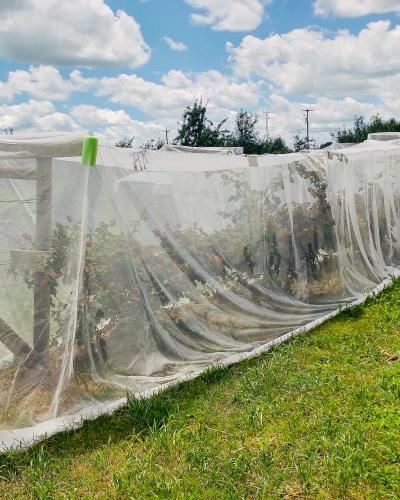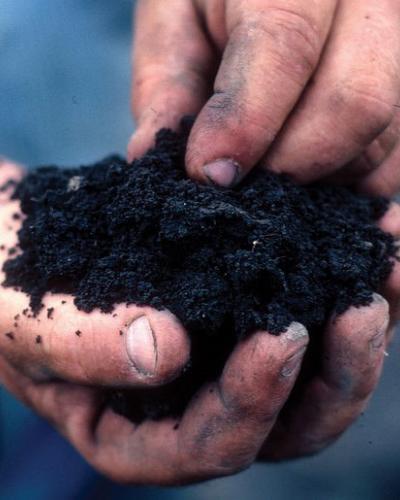Organic farming practices regulated by the USDA successfully limit soil risk to colonization by pathogenic bacteria, according to a recent American study published in the journal Frontiers in...
Mar 30, 2020
Photo Credit: Ron Dauphin
Certified organic farms are required to support biodiversity, which in return provides important services back to the farm and improves...
Dec 16, 2019
Photo Credit: Divide_by_zero
In an effort to ensure food is free from harmful pathogens that cause foodborne illnesses, food safety regulations have become increasingly...
Nov 25, 2019
Photo Credit: Ryan Kuesel
Some invasive pests are nearly impossible to control, even with the most powerful chemicals, but netting is proving to be a promising solution for...
Aug 19, 2019
Photo Credit: Federico Moroni
A recent study in the journal Biological Control surveyed beetle communities in conventional and organic farms, and found that only organic...
Aug 05, 2019
Photo Credit: Paul Illsley
A recent study in the journal Insects shows that planting floral resources for natural enemies and in combination with a trap crop that draws...
Jul 29, 2019
Photo Credit: Atik Sulianami
Organic farming helps bolster important beneficial soil fungi, leading to healthier plants. These fungi improve nutrient uptake and soil health...
Jul 08, 2019
Photo credit: U.S. Department of Agriculture
Biological soil amendments like compost are essential for organic farmers, and in some places, organic fertilizer production...
May 13, 2019
Photo Credit: Gabriel Jimenez
An article published in the most recent issue of the Organic Farmer magazine highlights a partnership between The Organic Center and UC Davis...
Apr 29, 2019
Photo credit: Rodale Institute
A recent study published in the Journal PlosǀOne found that the most effective strategy to terminate cover crops in systems where herbicides...













